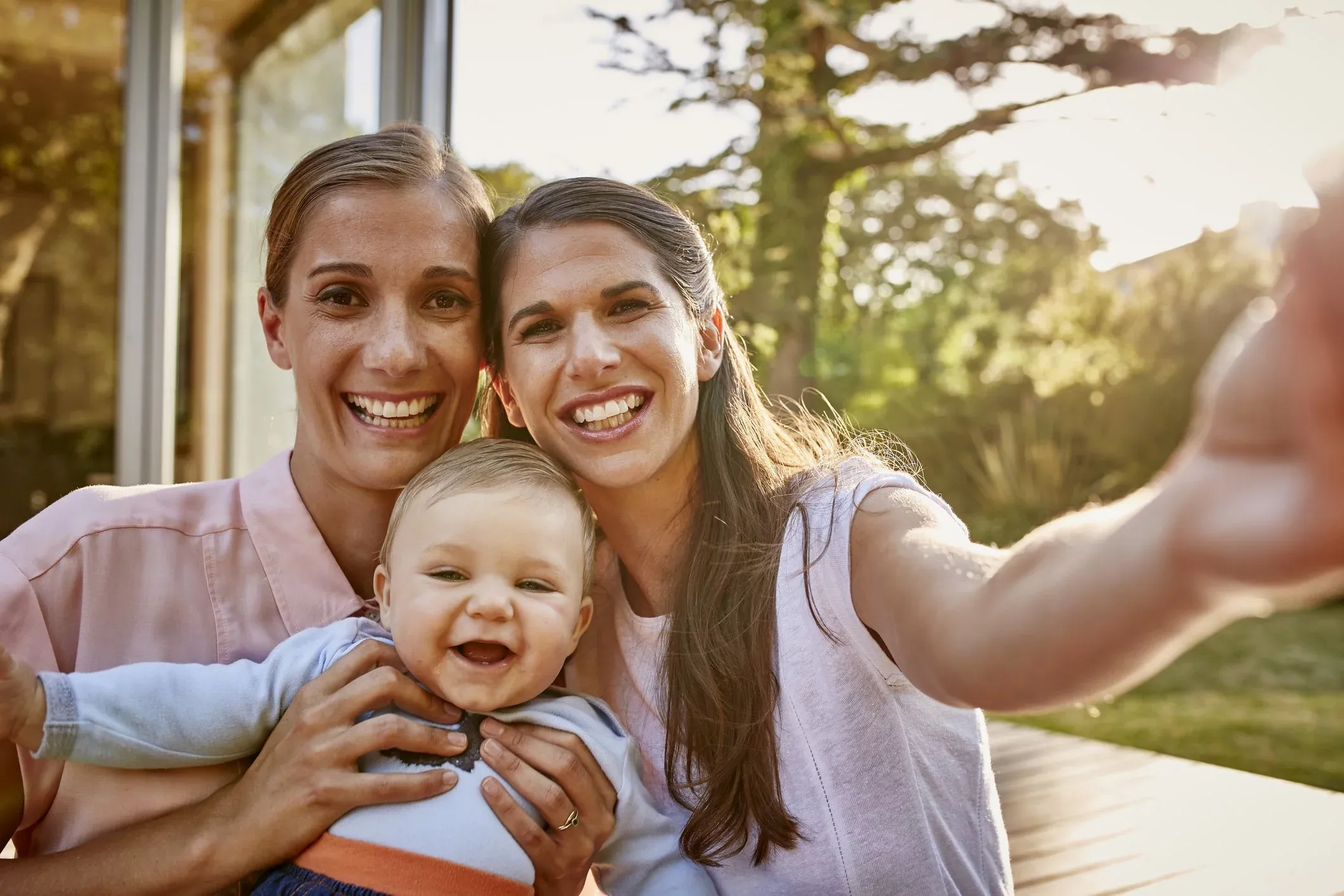
When same-sex marriage became legal in June of 2015, the majority of America sighed in relief. It was a very exciting time for our country. Finally, gay marriage was seen as a legal right in all 50 states. However, not everyone saw this ruling in the same way. This day should certainly be celebrated. However, there are still groups of people who are committed to standing in the way of gay rights. Once marriage became legal, a door opened to many other circumstances where anti-gay legislation and processes could appear.
For instance, adoption, reproductive technology, and parenting rights of same-sex couples are in dire need of protection. All over the United States, there have been examples of prejudice. These instances have presented obstacles in obtaining proper birth certificates, adoption paperwork, or even healthcare. That’s why it’s important to make sure that the parental rights of same-sex couples are protected.
Uniform Parentage Act in Rhode Island
Gay rights advocacy groups are gathering together to support the passage of The Uniform Parentage Act. This legislative act might sound familiar. This is because the act was originally produced in 1973 by the National Conference of Commissioners of Uniform State Laws. The act was initially meant to create a uniformed legal framework for paternity rights and paternity testing in the courts.
It was amended in 2002 which added a provision to allow any interested party to file a paternity complaint. Basically, this meant that anyone involved in the child’s life, such as a grandparent, aunt or uncle, or legal guardian could file a paternity complaint. The act resurfaced again in 2017 with the intention create an unvarying and steady system that protects all parentage rights for married couples, unmarried couples, same-sex married couples, or any individual in the LGBTQ community. This act has already passed in Vermont and Washington.
Assisted Reproductive Technology Cases
In 2016 a Gallup Poll showed that 4 percent of Rhode Island residents are a part of the LGBTQ community. The CDC presented data showing that “45.1 percent of all births in the state were to single people in 2015”. Also, in 2015, 2.4 percent of all Rhode Island births included assisted reproductive technology.
Assisted reproductive technology is when individuals or couples use technology to treat infertility through forms of in vitro fertilization, fertility medications, or even surrogacy. Unfortunately, Rhode Island doesn’t have any statutory guidance on parentage by assisted reproduction.
Families are left with unanswered questions regarding who can legally be assigned as a parent to these children, as well as who can advocate for them in court when custody battles or other disputes arise. Despite the fact that same-sex couples’ names will appear on the birth certificate of a child born in Rhode Island, there’s still room for uncertainty in pure legal proof of parentage. This has come as an unexpected and horrifying surprise for some families.
Adoption Processes
LGBTQ lawyers and advocates in Rhode Island always advise the non-birth parent to adopt the child. It’s important to do this so they can have parental rights when it comes to making major decisions regarding the child’s well being. However, in order to do this, there is a significant amount of paperwork that needs to be completed.
They’ll also need to go through a monitoring process in the home which is conducted by the Department of Children, Youth, and Families. It’s important for the families of same-sex couples to follow the proper procedures and guidelines set by this department when filing for adoption.
However, many gay rights lawyers and advocates also want protections set on these visitations to ensure no biases or injustices occur when assessing the fitness of the parent. It’s essential that any government employee conducting a home study on the parenting styles of same-sex couples should not hold any sort of prejudicial lens over their assessment.
Overall, there should be more concrete adoption laws in place that protect both the parent and the child.
Parenting Rights in Divorce
There’s also the issue of divorce. Previously, same-sex couples who were married in Rhode Island couldn’t get a divorce. That changed once the sweeping federal measure of gay marriage was established in 2015. Now divorcing same-sex couples go through the same exact legal procedures that opposite-sex couples do.
Of course, the potential problem for these same-sex couples appears if there are children involved. Custody battles can become very ugly when there’s no clarity on the rights of either the biological parent or the one who has adopted the child.
That’s why so many gay rights advocates are pushing for legislative measures to be well defined and tweaked to make sure that parents and children in the LGBTQ communities are protected.
If you or your family is going through a sense of uncertainty regarding your rights as a parent, contact the experts in Rhode Island LGBTQ law to ensure that you and your family know your rights.




